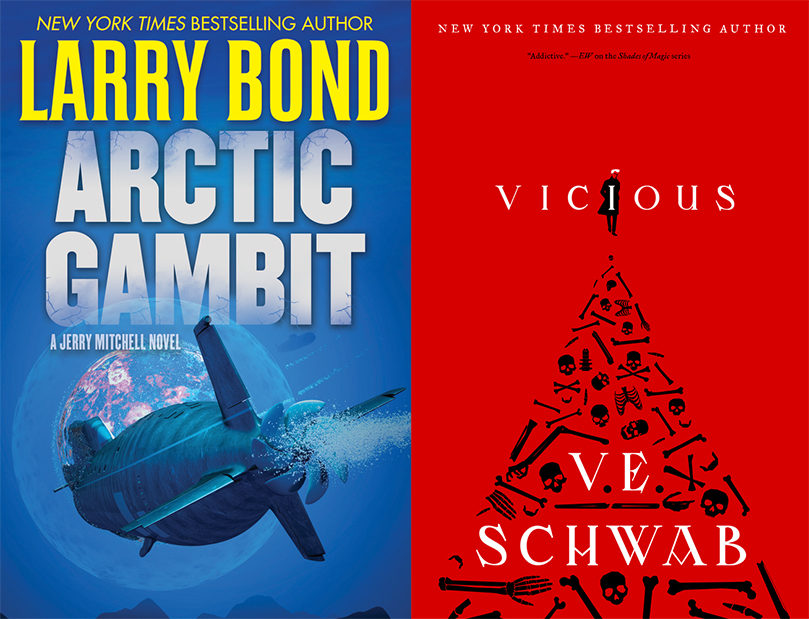
New Releases: 5/29/18
New from Larry Bond, V.E. Schwab, and others!

New from Larry Bond, V.E. Schwab, and others!
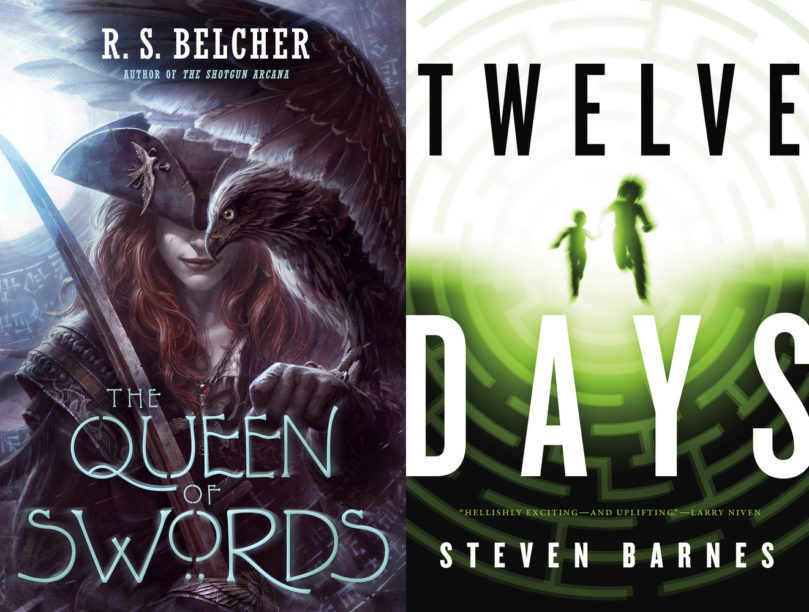
New from R.S. Belcher, Steven Barnes, and more!

Steven Barnes talks about how his life experiences lead to The Kundalini Equation and his new book, Twelve Days.

In paranormal thriller Twelve Days by Steven Barnes, a broken family struggles to hold itself together against a plot to unleash global genocide. Twelve Days will be available June 27th.
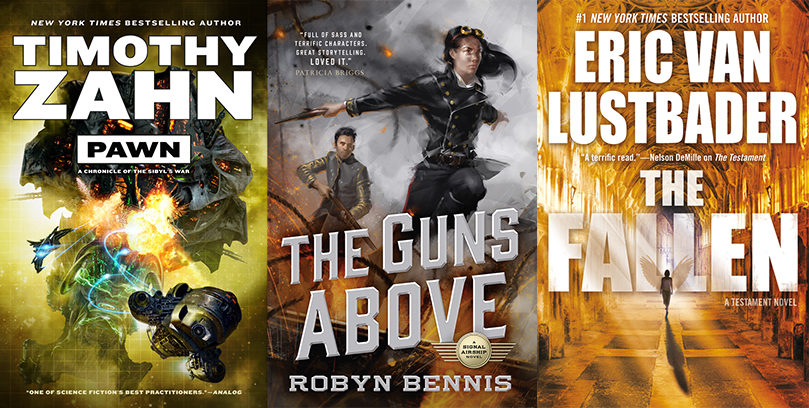
New from Timothy Zahn, Robyn Bennis, Eric Van Lustbader, and more!

Here’s what went on sale today! The Damned of Petersburg by Ralph Peters As Grant pinned Lee to Petersburg and Richmond, the Confederacy’s stubborn Army of Northern Virginia struggled against a relentless Union behemoth, with breathtaking valor and sacrifice on both sides. That confrontation in the bloody summer and autumn of 1864 shaped the nation…
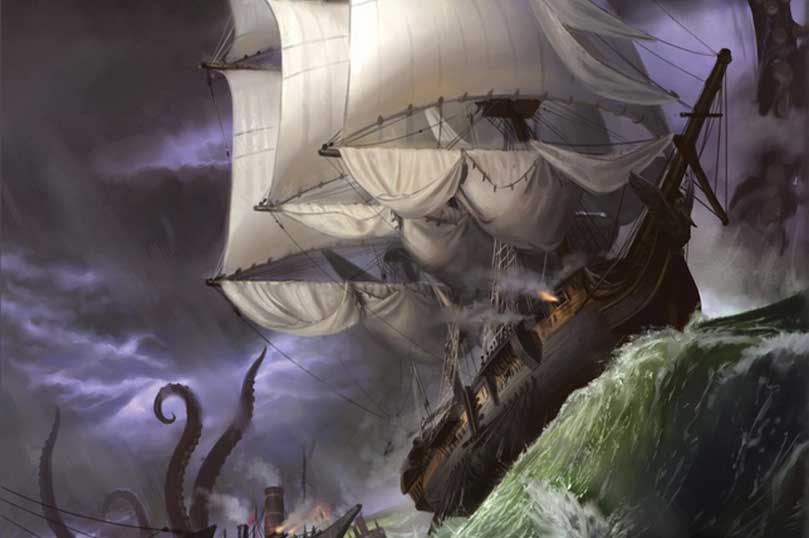
Aros of Azteca and Neoloth-Pteor are the deadliest of enemies: Swordsman and Sorcerer, locked in mortal combat, who have tried to kill each other more times than either can count. But when the princess Neoloth loves is kidnapped, there is only one plan that offers any hope of rescue . . . and that requires…
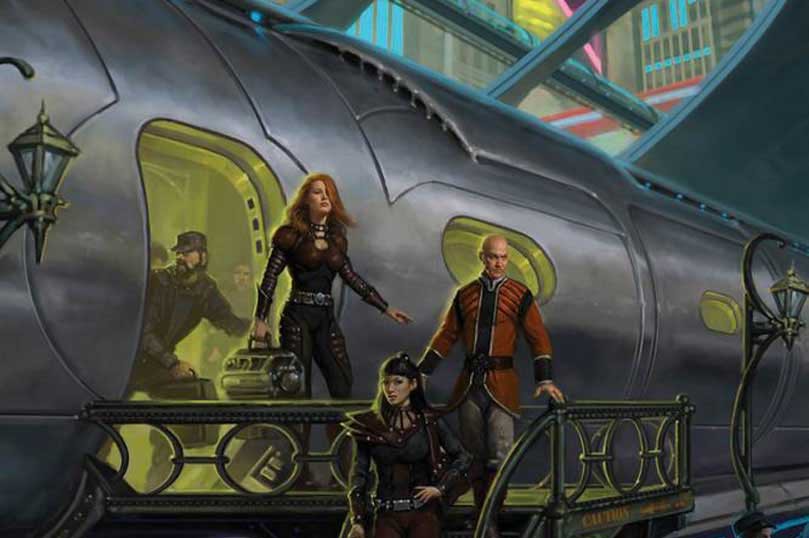
By Steven Barnes I recently attended a screening of director William Friedkin’s classic “Sorcerer”, a 1977 adventure film starring Roy Scheider as a man on an impossible mission. It is a gritty, nasty, impeccably made film doomed to obscurity probably for the sin of using a supernaturally suggestive title designed to sucker in fans…